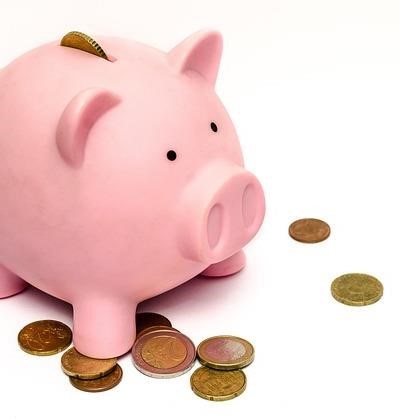
The appeal of «dump shops»—a colloquial term encompassing used goods markets like secondhand stores, consignment shops, and thrift stores—is undeniable. Buying pre-owned items offers significant cost savings and promotes sustainability. However, navigating this world requires awareness of potential risks. This guide outlines safety and security best practices for both buyers and sellers in the thriving market of used goods.
Buying Used: Safety First
When buying used goods, whether from online marketplaces or physical stores, prioritize safety and secure transactions. Always inspect items thoroughly before purchase. For online transactions, leverage buyer protection features offered by platforms like eBay or Craigslist. Read reviews and seller ratings carefully. Be wary of deals that seem too good to be true – they often are.
Safety Tips for Online Purchases:
- Payment Security: Use secure payment methods like PayPal’s buyer protection or credit card options with fraud protection.
- Communication: Only communicate through the platform’s messaging system. Avoid sharing personal contact information until a transaction is confirmed.
- Authentication & Verification: If buying high-value items (e.g., electronics, jewelry), request detailed photos and consider professional authentication services.
- Shipping Safety: Check the seller’s shipping reputation. Request tracked shipping and insurance, especially for expensive items.
Selling Used: Protecting Yourself
Selling used goods also presents risks. Protecting yourself from scams and fraudulent buyers is crucial.
Seller Protection Strategies:
- Secure Transactions: Utilize the platform’s escrow or payment protection services.
- Detailed Descriptions: Provide accurate and detailed descriptions of your items, including any flaws.
- Meet in Person (for local sales): Arrange meetings in well-lit, public places. Never meet alone.
- Payment Verification: Confirm payment has cleared before shipping items.
- Shipping Safety: Use secure packaging and obtain proof of postage.
Fraud Prevention and Scam Awareness
Both buyers and sellers should be aware of common scams, such as phishing attempts, fake payment confirmations, and counterfeit goods. Report suspicious activity immediately to the relevant platform and authorities.
Legal Aspects and Consumer Rights
Understanding your legal rights as a buyer or seller is vital. Research your local consumer protection laws regarding used goods transactions. Be aware of return policies and warranty implications.
By following these safety tips and staying informed, you can enjoy the benefits of buying and selling used goods while minimizing risks. Remember, vigilance is key to a secure and positive experience in the world of dump shops.

This is a comprehensive and practical guide to navigating the world of buying and selling used goods. The emphasis on safety and secure transactions is particularly valuable, especially for those new to this market. The clear and concise advice regarding online and in-person transactions is highly commendable.
I appreciate the balanced approach taken in this article, providing valuable advice for both buyers and sellers. The inclusion of specific examples, such as using PayPal buyer protection and meeting in public places, makes the guidance more accessible and actionable.
A well-structured and informative article that effectively addresses the potential risks involved in both buying and selling used goods. The specific safety tips for online purchases and seller protection strategies are extremely helpful and should be followed by anyone engaging in these activities.
This guide offers a much-needed resource for anyone looking to buy or sell used goods. The clear and concise language, combined with the practical advice, makes it easy to understand and implement the safety measures outlined. A valuable contribution to promoting safer transactions in the used goods market.